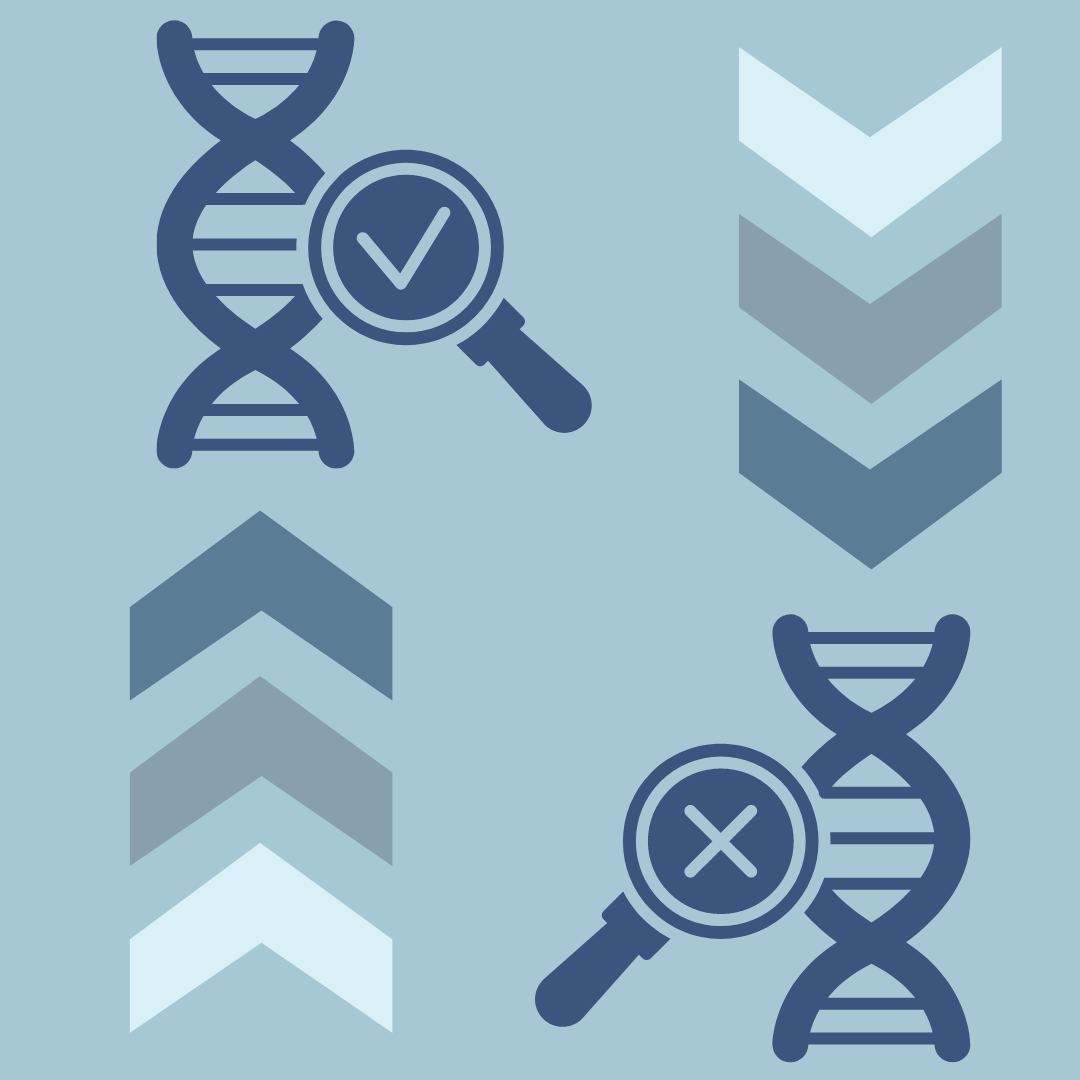The Dangerous Resurgence of “Bad Genes” Language
By Susan A. Nolan and Michael Kimball,
Psychology Today
| 10. 30. 2024
In 2021, the American Psychological Association (APA) published a resolution: Apology to People of Color for APA’s Role in Promoting, Perpetuating, and Failing to Challenge Racism, Racial Discrimination, and Human Hierarchy in the U.S. In this document, the APA outlined the role that White male psychologists played in bolstering White supremacy and systemic racism through the eugenics movement in the early 1900s.
According to the National Human Genome Research Institute, eugenics “is the scientifically inaccurate theory that humans can be improved through selective breeding of populations.” This scientific racism uses the dangerous illogic of eugenics to provide credibility for long-debunked ideas that White Europeans are genetically superior to “non-[W]hite people whose social and economic status have been historically marginalized.” This unscientific sleight of hand requires discussion of ideas—about the “good genes” that White people supposedly have and the “bad genes” that others supposedly have—that are not supported by research or evidence.
Emma Wolverton, Eugenics, and “Feeblemindedness”
Science journalist Carl Zimmer traces the history of eugenics in the United States in his powerful book, She Has Her Mother’s...
Related Articles
By Steve Rose, The Guardian | 01.28.2026
Ed Zitron, EZPR.com; Experience Summit stage;
Web Summit 2024 via Wikipedia Commons licensed under CC by 2.0
If some time in an entirely possible future they come to make a movie about “how the AI bubble burst”, Ed Zitron will...
By Arthur Lazarus, MedPage Today | 01.23.2026
A growing body of contemporary research and reporting exposes how old ideas can find new life when repurposed within modern systems of medicine, technology, and public policy. Over the last decade, several trends have converged:
- The rise of polygenic scoring...
By Daphne O. Martschenko and Julia E. H. Brown, Hastings Bioethics Forum | 01.14.2026
There is growing concern that falling fertility rates will lead to economic and demographic catastrophe. The social and political movement known as pronatalism looks to combat depopulation by encouraging people to have as many children as possible. But not just...
By Josie Ensor, The Times | 12.09.2025
A fertility start-up that promises to screen embryos to give would-be parents their “best baby” has come under fire for a “misuse of science”.
Nucleus Genomics describes its mission as “IVF for genetic optimisation”, offering advanced embryo testing that allows...




